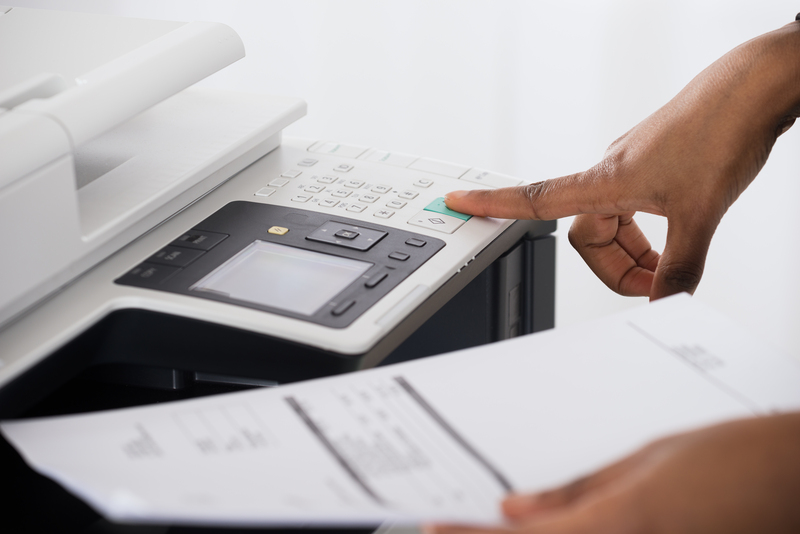Transforming Smartphone Recycling into a Smart Practice
In today's technology-driven world, smartphones have become an integral part of our daily lives. From communication to navigation, these pocket-sized devices serve multiple functions. As the demand for newer, more advanced models grows, so does the challenge of environmentally responsible disposal of outdated models. Transforming smartphone recycling into a smart practice is not just an environmental imperative, but also a potential boon for economic and technological innovation.
The Urgency of Responsible Smartphone Recycling
The modern-day reliance on smartphones leads to a significant increase in electronic waste, commonly known as e-waste. According to a 2021 report from the International Telecommunication Union, close to 54 million metric tons of e-waste are generated globally each year, with smartphones playing a major role. This accumulation of waste poses severe environmental challenges, making responsible recycling practices urgent.
Impact on the Environment
- E-waste contaminates soil and water sources due to the disposal of toxic components like lead, mercury, and cadmium.
- Improper disposal contributes to air pollution, as harmful substances are released into the atmosphere.
- Landfills filled with e-waste can lead to long-term degradation of natural landscapes.
Novel approaches to recycling aim to mitigate these impacts by not only keeping e-waste out of landfills but also by encouraging the reuse and refurbishment of devices.

Innovative Solutions in Smartphone Recycling
As awareness grows, several cutting-edge solutions are emerging to make recycling smarter and more effective. These technologies and methodologies aim to enhance the recycling process, making it more accessible and efficient.
Redistribution and Refurbishment
One effective strategy is the redistribution and refurbishment of old smartphones. Many companies now offer trade-in programs that allow consumers to return their old devices for reuse or resale. Refurbishing older models not only prolongs their lifecycle but also enables access to technology in underserved areas.
Automation and Artificial Intelligence
Artificial intelligence is playing a pivotal role in smartphone recycling. Automated systems equipped with AI can efficiently sort e-waste, identify reusable components, and disassemble devices with precision, reducing labor costs and enhancing recycling efficiency.
Advanced Material Recovery Techniques
Traditional recycling methods often fail to recover the valuable materials embedded in smartphones, such as precious metals, lithium, and rare earth elements. Advanced recovery techniques, including hydrometallurgy and pyrometallurgy, are now gaining traction. These methods allow for the extraction of valuable materials with reduced environmental impact compared to conventional smelting processes.
Benefits of a Smart Recycling Approach
Transforming smartphone recycling into a smart practice yields numerous benefits that extend beyond immediate ecological gains.
Economic Advantages
Recovering valuable materials from smartphones saves costs associated with mining and refining new raw materials. It also opens up revenue streams from the resale of refurbished devices.
Job Creation
An effective recycling system can lead to job creation in refurbishment, research, and development of new recycling technologies, as well as in logistics and processing.
Technological Advancements
The challenges of recycling spur technological innovations, leading to new techniques and products that can be applied across various industries.

Encouraging Consumer Participation
A transformation in recycling practices cannot be successful without engaging consumers. Educating the public on the importance of recycling and providing accessible options are paramount.
Incentive Programs
- Providing monetary rebates or discounts on new purchases for returning old smartphones.
- Organizing community e-waste recycling events.
- Offering easy-to-use drop-off points at retail locations.
Public Awareness Campaigns
An informed public is more likely to participate in responsible recycling. Effective campaigns can help dispel myths, highlight benefits, and motivate action.
The Future of Smartphone Recycling
Innovations and awareness drive the shift towards smarter recycling practices. Governments, manufacturers, and consumers all play critical roles in this transformation. Policies promoting sustainable production, extending product lifecycles, and mandating recycling stations are essential in fostering a sustainable ecosystem.
Ultimately, transforming smartphone recycling into a smart practice is a shared responsibility. It calls for a collective effort to redefine how we perceive and interact with our devices long after their initial purchase. This shift ensures not only a cleaner environment but also a thriving economy bolstered by innovative recycling technologies and practices.
As we head towards an increasingly connected future, making recycling smarter is not merely an option; it is a necessity, ensuring we sustainably coexist with our advancing technological landscape.